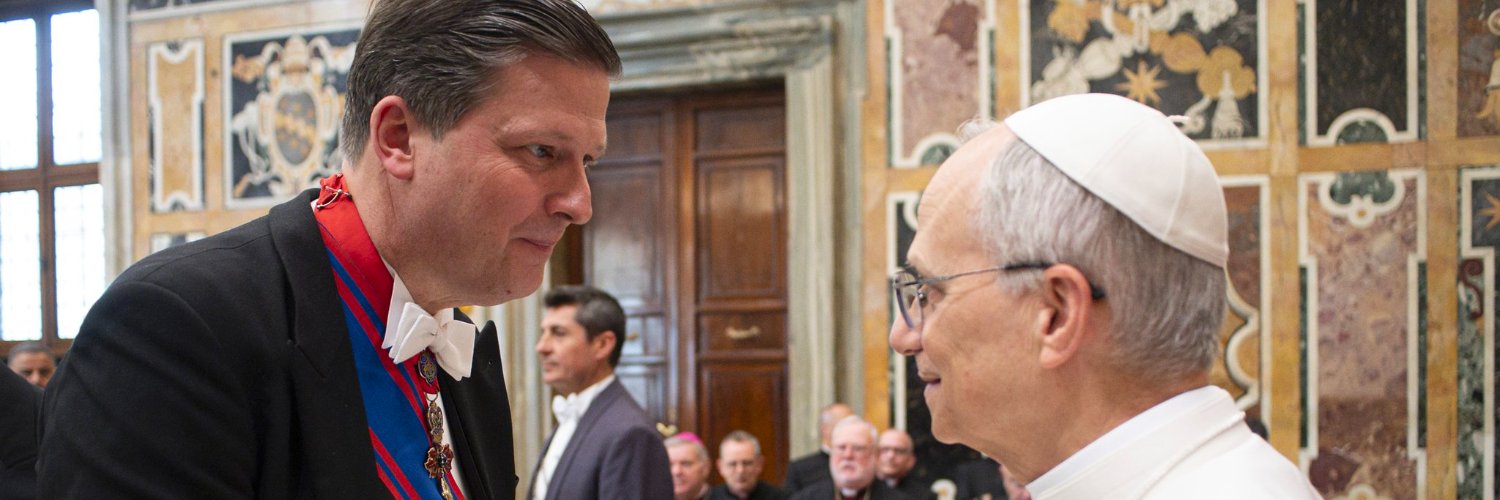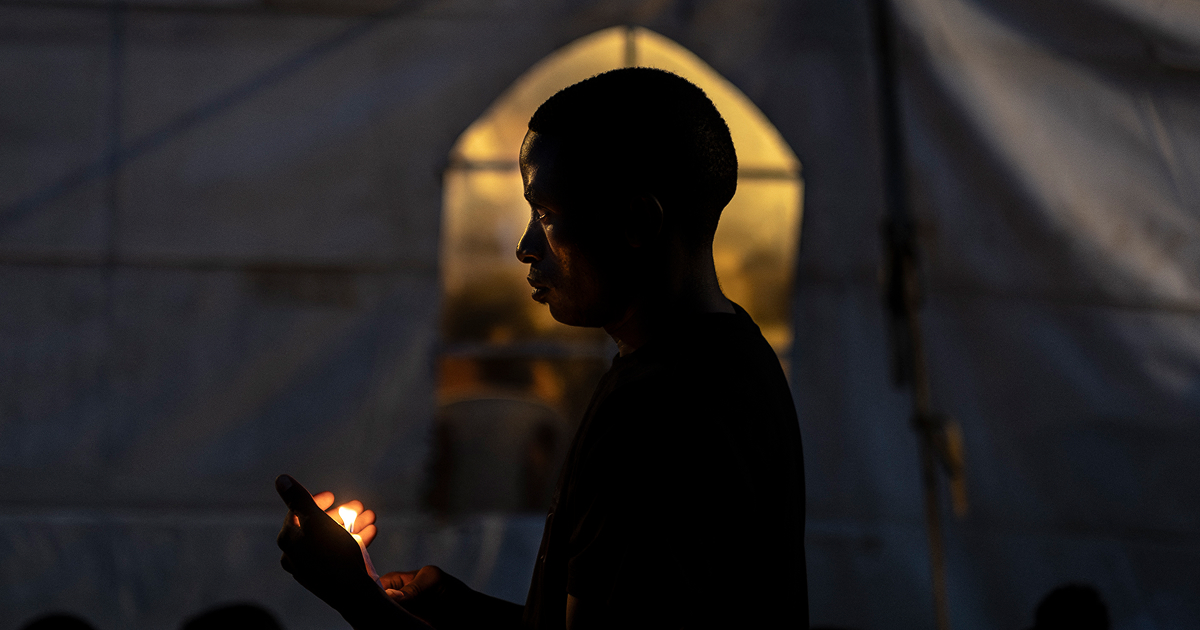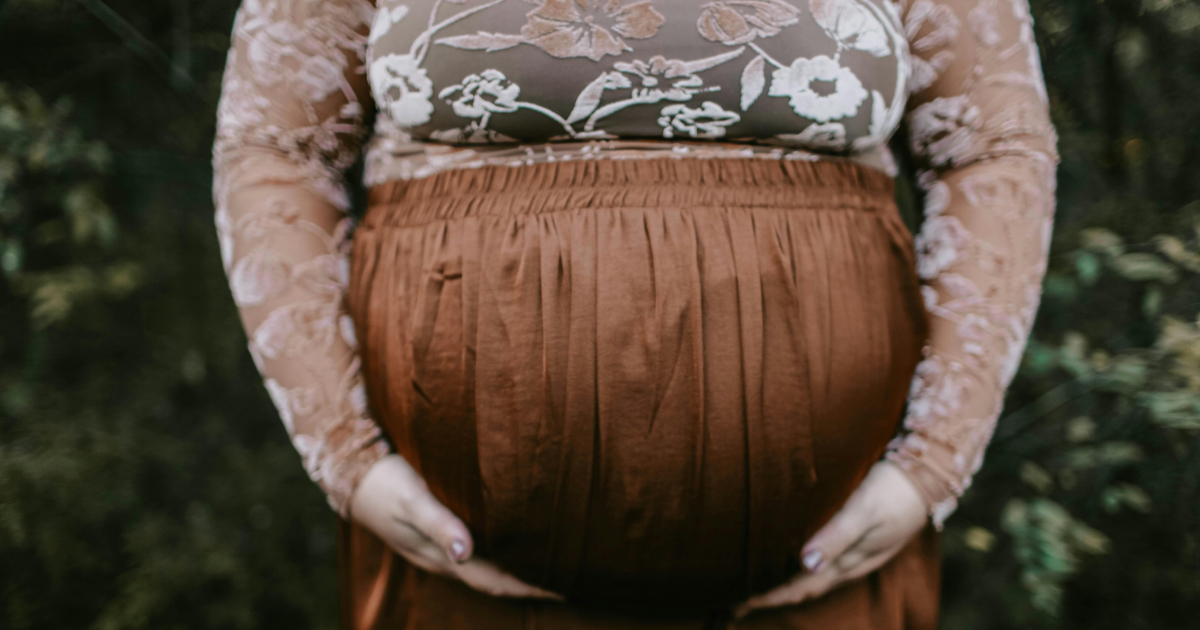Archduke Ambassador Eduard Habsburg, a direct descendant of Europe’s most famous Catholic dynasty, has served as the Ambassador of Hungary to the Holy See since 2015, representing his country at the heart of the universal Church.
Alongside his diplomatic mission, Ambassador Habsburg is a passionate advocate for the family, a theme that runs through both his public service and his personal life as a husband and father of six. In his new book Building a Wholesome Family in a Broken World he draws on faith, tradition and experience to offer encouragement for parents navigating today’s challenges.
Rooted in centuries of Catholic tradition and attuned to the pressing needs of the present, Ambassador Habsburg offers a unique perspective on living faithfully and raising children with resilience at a time when society often undermines those very values.
His reflections bring together history, diplomacy and everyday family life, showing that the renewal of culture begins in the home.

In this exclusive conversation, Archduke Eduard speaks about the vocation of family life, why strong families matter for the future of both the Church and our societies, and how the Christian vision of the family remains a cornerstone of hope in an increasingly fragmented age.
Catholic Herald: Your book Building a Wholesome Family in a Broken World draws on 850 years of Habsburg family history. What inspired you to write this book, and how did your family’s legacy shape its core message?
Eduard Habsburg: In scriptwriting, which I did for a few years, there’sa saying: “Write what you know”. If there is something I know anything about, it’s family. I have been married now for 30 happy years with my wonderful wife, and God was generous enough to give us 6 children (and two grandchildren). In these years, I have truly learned that marriage and family are the greatest thing in the world, the vocation that will really make you happy in the long term. But only if you do it right.
Looking around, on X and elsewhere, I noticed that marriage and having children seems to be in a profound crisis in the Western world today. So, I wrote a book on the nuts and bolts of how to have a wholesome family. Obviously, being a Habsburg has shaped me and my idea of family. We live with the principles our ancestors passed down to us. Which means I have enriched my how-to book on marriage with examples and stories from our long family history.
CH: In your book, you emphasise faith as a cornerstone of a wholesome family. Can you share a specific story from Habsburg history, perhaps about Blessed Charles and Empress Zita, that illustrates how faith strengthened their marriage and how it applies to modern families?
EH: You are right, the great example in our family history is Blessed Emperor Karl and his wife, Servant of God Zita. Their relationship and courtship, their marriage and the way to raise their children, and their way of dealing with death as a path to sanctity are incredible examples for us. Although I [also] hope that reading my book, you will see that they are standing on the shoulders, so to speak, of many examples of great marriages through our family history.
One story directly ties into my book. On their honeymoon, directly after their wedding, they stopped at Mariazell, the famous Marian shrine. This is where Blessed Karl said to Zita: “Now we have to help each other into heaven.” This for me is the definition and the key to a happy marriage – put God in the middle and aim to help your spouse become a saint. Downstream from that, there will be a lot of happiness in everyday life. But faith should be the cornerstone of your relationship. This [principle] is also in the Nr 1 spot on my “spouse-finding bucket list”.
CH: Your book addresses raising children in faith in a world that often runs countercultural to Catholic tradition. How did your Habsburg ancestors pass down values to their children, and what practical advice do you offer parents today facing a secular culture?
EH: The Habsburgs had the privilege, over several centuries, to educate their children in their home – they were the original “homeschoolers”. We have the curriculum of the young Habsburgs in its many iterations since the 16th century. I give examples of those in my book. Of course, public schooling is a rather modern phenomenon.
I can’t really advocate home schooling here, as it is not possible (or it is very difficult) in many European countries. But I would say to parents who will send their children to public schools in a secular culture: try to pass on all the values that you deem important to your children at home before they go to school. And once they are in school, be very aware of what they are being taught. But it is very helpful for your kids to have many siblings; these will be the peer group that shape their thought (and not necessarily the classmates).
CH: You mention a ‘Spouse-Bucket List’ in your book. What’s one item from that list inspired by your family’s history that you think is critical for young people seeking a lifelong partner today?
I already mentioned that it’s vital to share the faith. Another topic is really the idea of family. Does my potential spouse have the same ideas about family? Is he/she open to a large family, with all the consequences this will have?
Habsburgs always had large families, and that shaped the family vision of marriage over the centuries. Today, having lots of children is not only frowned upon by your surroundings; many states also leave you alone with that big decision and don’t give extra help to large families.
To say “yes” to many children will have economic consequences; will mean you will have to make sacrifices. But what you get out of it is so much more: lifelong happiness and a great adventure. So have that talk soon in a potential relationship.
CH: As a father of six and now a grandfather, you weave personal experiences into the book. How has your own family life reflected the Habsburg principles you write about, and what’s one lesson you’ve learned from your children?
EH: The greatest takeaway of having a numerous family of my own is how incredibly different human beings are. When you set out and have your first child, and the second arrives, you think you “know how baby works”. You don’t because number two is totally different.
After having raised six totally unique universes, as six children are, you will become very humble with “one size fits all” solutions. You will be amazed that from the same gene pool, you and your wife, such totally different human beings will spring forth. If that is the case around my dinner table, how much more this is the case in the world out there.
CH: Your book highlights the family as the smallest unit of society; a view aligned with Catholic tradition. How does your role as Hungary’s ambassador to the Holy See reinforce this idea in your diplomatic work?
EH: It is a great experience to be a diplomat for a country that actively helps families, that encourages having children, and that is actively working to turnaround the nativity crisis. Hungarian family policy in the last 15 years has done everything from tax deductions to financial incentives to help for building houses [in order] to make life more attractive for families.
But Hungary does more than that: when you land in Budapest airport you will see large, beautiful ads proclaimingHungary [as a] "family-friendly country". In order to have the courage to say “yes” to a large family, you need to know your government has your back.
And of course, the Holy See is very open to our message, given that a wholesome family based on Christian values is one of the core visions of the Catholic faith. I get a lot of praise around the Vatican for what we are doing.
CH: Hungary’s pro-family policies have faced criticism in some of Europe’s secular circles for being too traditional. How do you respond to these mostly progressive critics who argue that your advocacy for large, faith-based families, both in your book and as ambassador, clashes with modern progressive values?
EH: It is correct that Hungary’s family policies from the beginning have been criticised by many, especially in the Western world. One parliamentarian from a Northern country even compared our natalist policies to the policies of the Third Reich (it was during an election campaign, and people tend to go slightly overboard in such situations).
Others said this kind of policy won’t work anyway. They are right inasmuch it is a slow process, and the results will only be seen a long way down the line.
I personally believe that children that grow up in a numerous family are the best citizens any state can wish for; they are ready to make sacrifices, are used to helping others, have a keen eye for the weak and the marginalised in society. It pays for the State to help families.
CH: Your Habsburg heritage carries a legacy of Catholic governance. How does this influence your approach to representing Hungary’sinterests at the Holy See, especially in a world with declining religious influence?
EH: In a time that religion is pushed out of the public square, and that a good politician is trying hard to be as neutral as possible, especially in matters of religion and faith, Hungary is a place that encourages the presence of churches and religion in the public space. We see our country as Christian since 1,000 years ago, and always in a close relationship with the Holy See. Our first Christian king, Stephen, built a pilgrim’s house for Hungarians 1,000 years ago, directly leaning against St. Peter’s Basilica, which stood there for many centuries.
This not only facilitates relations with the Holy See, but also means that nearly everyone in our government, in our ministries, is interested in what happens “at the Vatican”. Our tiny embassy has a great audience in Hungary, so to speak.
CH: When it comes to pro-natalist policies to encourage large families, which you touch on in your book, how do you balance promoting these policies with theVatican’s broader focus on global issues like poverty and migration?
EH: When I arrived at the Holy See in August 2015, the migration crisis via the Balkans route was at it height and Hungary was just beginning to build the fence. I had personally helped such migrants at Budapest with members of the Order of Malta. So, I was very aware of the topic at the time.
I think the Holy See has, among other points, always maintained that the first right of human beings is to be able to remain in their countries of origin. The best [thing] is always if they don’t have to depart on this terrible voyage that is often an ordeal in the hands of traffickers.
Hungary has strongly supported this line, in helping many origin countries of migration to develop structures to better the situation. Through the office of Hungary Helps, our country has been helping Christians and members of other persecuted denominations, which has contributed to the stability in many areas of the world.
CH: Your book and diplomatic work champion a vision of family rooted in Catholic tradition, yet Europe faces a demographic crisis with low birth rates and secularisation.Given the resistance to traditional values in many Western nations, do you believe the Habsburg model of family and faith can realistically reverse this trend.
EH: I don’t pride myself that my book will make a huge difference. But it can encourage some to try something difference. More important even than to read books on family and having many children is to encounter such a family.
I only have two siblings, but both my parents had many siblings, so I have tons of cousins. And there were a few very numerous families that we visited in my childhood – that instilled me with the wish to have lots of children myself. The example and the encounter are always more important.
Photo graphic: Archduke Ambassador Eduard Habsburg. (Credit: Arcadia.)





.jpg)











